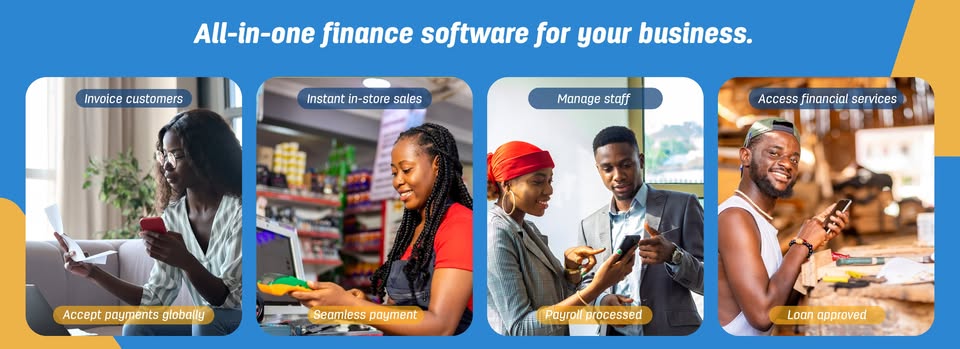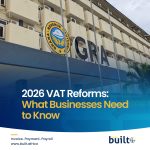
Ghana’s 2026 National Budget introduces key policies aimed at stabilizing the economy, boosting digital transformation, and easing the tax burden on businesses. Moreover, for SMEs and fintech, these changes create new opportunities for growth, efficiency, and compliance. Below, we take a closer look at the main policies and initiatives.
1. Removal of the COVID-19 Health Levy
A major policy decision in the 2026 Budget is the removal of the covid-19 health levy. As a result, the 1% levy added to VAT-able goods and services in 2021 has been taken off. Consequently, for SMEs, this change lowers tax costs and improves cash flow. Similarly, for fintech, it reduces indirect transaction and operational expenses.
The repeal lowers the effective VAT rate to 20%, because the levy was added on top of existing VAT charges. This forms part of the Government’s broader effort to simplify the tax system, reduce the cascading effect of multiple levies, and strengthen compliance through digital VAT tools such as Fiscal Electronic Devices (FEDs) and enhanced digital reporting systems. Overall, removing the levy supports reinvestment and expansion, especially for businesses managing payments, invoicing, and financial operations through digital platforms.
2. Strong Push for Digital Tax and Compliance Systems
The government is deepening digitalisation to modernise tax administration. Key initiatives include:
- Digital VAT monitoring systems
- Fiscal Electronic Devices (FEDs) for improved transaction tracking
- Digital tools for cross-border digital transactions
- Using AI to analyze customs revenue data.
These reforms signal a more tech-driven regulatory environment. For fintech, it creates room for new integrations, partnerships, and growth in digital financial services.
3. VAT Reforms Affecting SMEs
The Budget introduces additional VAT changes aimed at reducing tax complexity and improving compliance:
- Effective VAT rate reduced to 20% following the removal of the COVID levy
- VAT registration threshold increased to GHS 750,000
- Mandatory FEDs and stronger digital VAT tracking
- A VAT receipt reward scheme to encourage proper invoicing
These changes push SMEs toward digital bookkeeping and make fintech platforms like Built’s invoicing and receipt tools more essential for compliance.
4. Improved Credit Environment for Businesses
The budget projects stronger macroeconomic stability, with government aiming for:
- A primary surplus of 1.5% of GDP
- Lower inflation
- Increased lending to the private sector as fiscal pressure eases
This is positive for SMEs seeking funding with a more stable economy and targeted government efforts to deepen access to affordable credit, SMEs will find improved opportunities to secure financing for growth and operations.
5. Support for SME Competitiveness and Exports
The government will support over 200 MSMEs under AfCFTA. It will also expand programs that strengthen local industries. Incentives such as extended VAT zero-rating for local textiles and raw material support for manufacturers will help reduce production costs.
Exporters will have a longer 120-day period to bring back their earnings. This improves cash flow, which is important for SMEs working with cross-border payments.
6. Continued Growth in ICT and Fintech Adoption
The ICT sector, including fintech, grew by 17.2% in 2025. Moreover, this growth is driven by fintech expansion and increased investment in digital infrastructure. As a result, more businesses are encouraged to adopt digital tools. Consequently, platforms like Built’s invoicing, payments, and financial operations systems become even more useful for managing day-to-day business.
Conclusion
The 2026 Budget gives SMEs and fintech a more supportive environment. The removal of the COVID-19 levy, improved access to credit, simplified VAT rules, and digital compliance reforms help businesses operate more efficiently and grow faster.
Built Financial Technologies is ready to support this progress. Our platform offers simple and powerful financial tools that help businesses stay organized, compliant, and prepared for growth.












No Comments